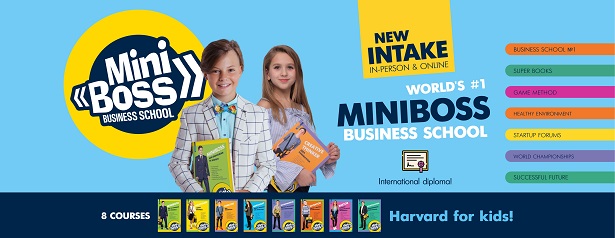
Prioritize continued education
In Peters’s view, It doesn’t matter what schools you attended or how smart you are. If you’re not learning constantly, your career will flatline. This applies to anyone, from a tradesperson to an executive. Think your career is safe? Not if you’re simply resting on your credentials.
"Be a student for life," Peters says. "Don’t let the sun set today without being a little bit smarter than you were yesterday. There’s no question in my mind that the best student wins."
Peters, now 78 years old, practices what he preaches. He is a consistent book buyer, with a new book arriving from Amazon nearly every two days. He’ll often read on a Kindle but likes to have a hard copy available, even just as support to a digital version.
He says two activities that have helped him in his own career are reading and preparing "like crazy."
"When I go into a room," Peters says, "I’m often not the smartest person in the room by a long shot, but there is nobody who is better prepared than I."
Seek out diverse reading material
Try not to become a one-trick-pony reader, confining yourself to one topic. This is a death knell for creativity, which has been shown to be, according to Peters, a "sideways thing, not an up and down [thing]." Instead, widen your lens, read outside your work area, be it European history, jazz, art, or whatever spikes your interest. This will open your eyes to new ways of solving organizational problems or even technology issues.
You’re not finished, though. Your worldview isn’t complete, according to Peters, without reading one specific style: fiction.
"[Reading fiction] is about growing as a human being, understanding organizations and problem-solving," he says. "And to me fiction is at least as important as reading the next piece on big data or Bitcoin or whatever the hell else is a popular piece . . . It’s not that you learn something specific, but you become a broader citizen."
Network broadly
Doing your work exceptionally well goes hand in hand with networking. Networking is table stakes for any career. But it comes in different forms. Some people limit their networking to a handful of contacts. Peters’s version of networking magnifies that so you become "a networking machine."
"Make sure you meet a lot of people and make a lot of friends," he says. "Go to SXSW [South by Southwest] or some convention that has something to do with what you do for a living. Spread your network both in depth and breadth. I don’t think most people do that with quite the passion they need to in order to survive in today’s world."
Take on a humanist approach
In this age of disruption and pandemic, how you behave matters more than ever. As Peters puts it, "Decency towards your fellow human beings arguably is always the most important signature, but this time that’s the case times 10. I can summarize what this means in four words: Don’t be a jerk."
Along the same lines, Peters recommends that people study the humanities. "Forget STEM. I’m so fed up with STEM," he says (with a bit of tongue in cheek, since the man holds two business and two engineering degrees). His point is that studying the humanities teaches you about people, and in a world where artificial intelligence will do the detailed work, we need humanists to manage other people. As part of his humanist push, Peters wants to see more women in leadership positions. "People think women are better at the soft stuff. Maybe they are better at relationships, but guess what being great at relationships means? It means you get things done."
A Source



